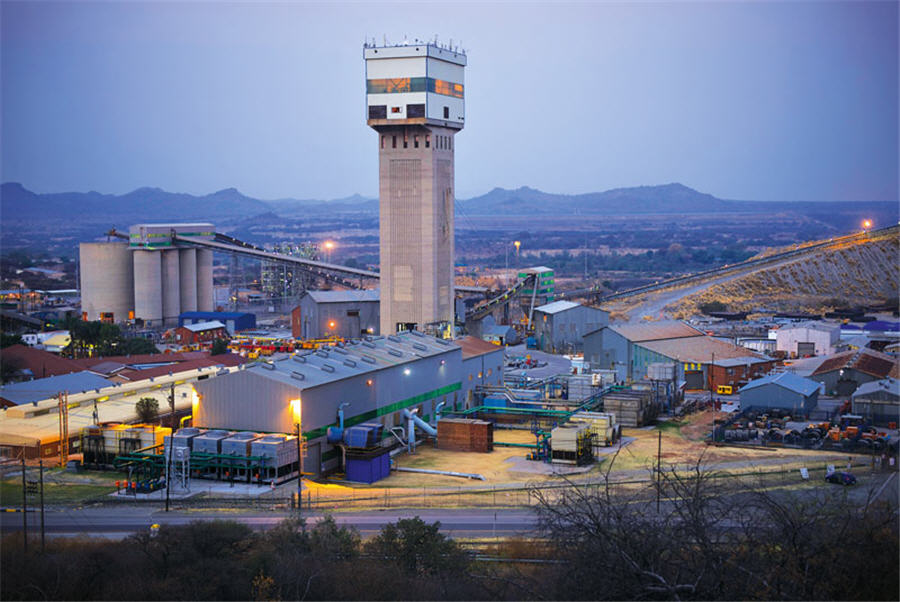Biggest Africa investor goes to London for Lonmin decision

South Africa’s Public Investment Corp. faces a tough choice: back Sibanye Gold Ltd.’s takeover of Lonmin Plc, and take a hit on its investment, or scupper the deal and risk having to pony up more cash for the platinum miner.
When Lonmin shareholder votes are tallied next Tuesday at a meeting in London, the PIC’s 30% stake would be enough to block the acquisition. While the takeover was originally touted as a lifeline as Lonmin hemorrhaged cash, Africa’s largest money manager is troubled by the drop in Sibanye’s stock since the all-share deal was announced in December 2017, according to a person familiar with the matter.
“In absence of an increased offer, Lonmin shareholders can still do better than accepting Sibanye script” — Hurbey Geldenhuys, analyst at Vunani Securities
The state-owned PIC’s deliberations have been complicated by Sibanye’s public disclosure that it won’t raise its offer. Sibanye last month increased the share ratio it’s offering to Lonmin investors after metal prices rose, but the value of the deal remains lower than when it was first announced.
Sibanye’s shares rose 0.3% as of 2:13 p.m. in Johannesburg. Lonmin dropped 1.6%.
The PIC is also struggling to value Sibanye’s gold operations after they were impacted by a five-month strike and the restructuring of its key mine.
Still, stymieing the deal means the PIC and other Lonmin shareholders may be forced to recapitalize the platinum producer. While a rally in metal prices and a weaker rand has seen Lonmin return to profit, Chief Executive Officer Ben Magara is still recommending the deal, saying his company would otherwise lack capital to invest. Lonmin has raised a total of $1.68 billion in three rights issues since 2009.
PIC investigation
The PIC doesn’t publicly discuss its views on investments before a decision is made, said spokesman Deon Botha.
The PIC’s decision comes as the money manager responsible for most South African government workers’ pension funds is investigated over allegations of wrongdoing and making questionable investments. South African President Cyril Ramaphosa set up a judicial commission in October after a whistle-blower said there was wrongdoing. Nine PIC directors resigned in February, while acting CEO Matshepo More was suspended on March. 27.
Nevertheless, some analysts believe Lonmin could forge an independent path by selling assets to bolster its balance sheet.
“In absence of an increased offer, Lonmin shareholders can still do better than accepting Sibanye script,” said Hurbey Geldenhuys, an analyst at Vunani Securities Pty Ltd. “Equally so, there is a lot of risk associated with Sibanye’s gold assets and shareholders should take that into consideration.”
That underestimates the still “significant” risks associated with Lonmin, which couldn’t survive as a standalone business, Sibanye CEO Neal Froneman told South Africa’s Daily Maverick on Wednesday. Froneman said Sibanye won’t “undermine its own valuations for the sake of doing a deal.”
The deal requires the support of 75% of Lonmin’s shareholders.
(By Felix Njini)
{{ commodity.name }}
{{ post.title }}
{{ post.date }}




Comments